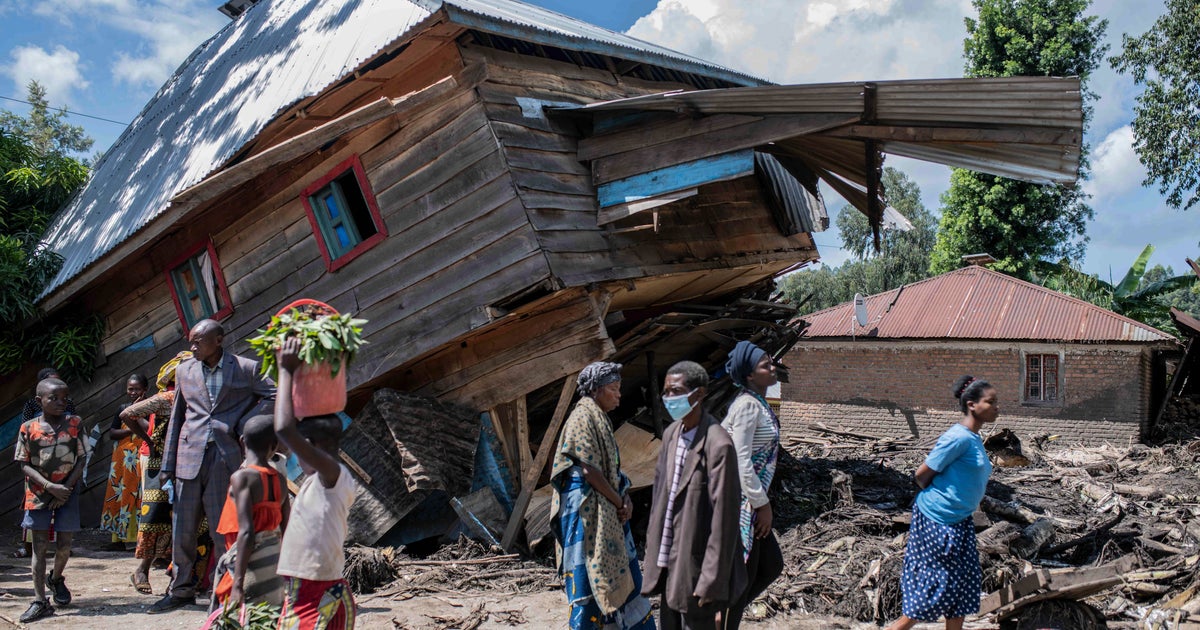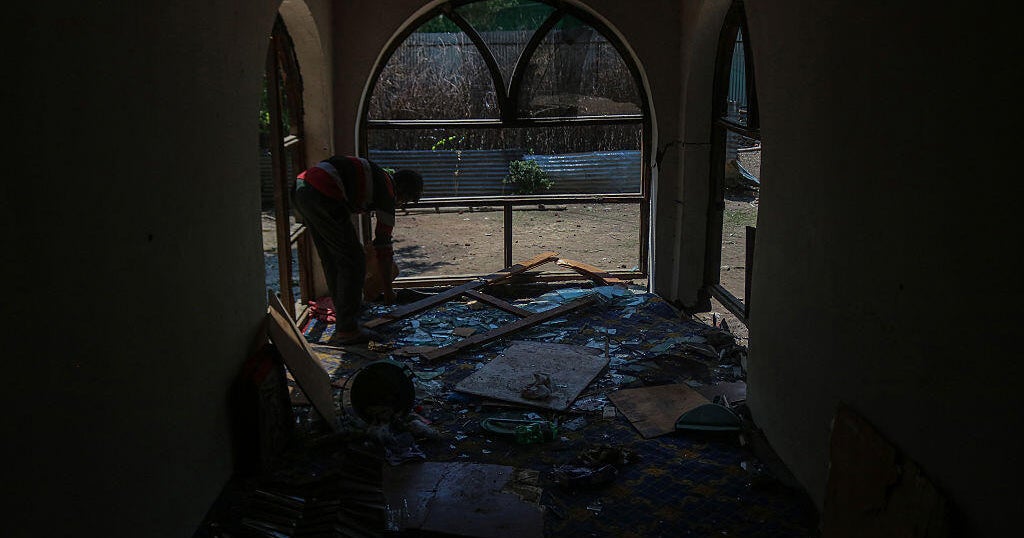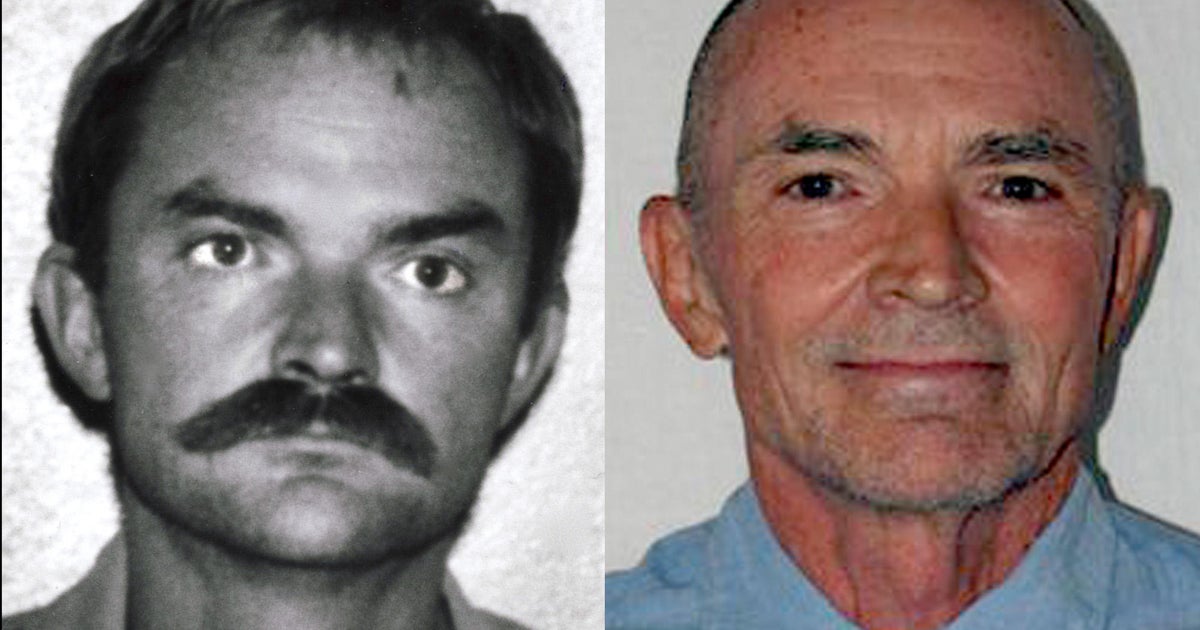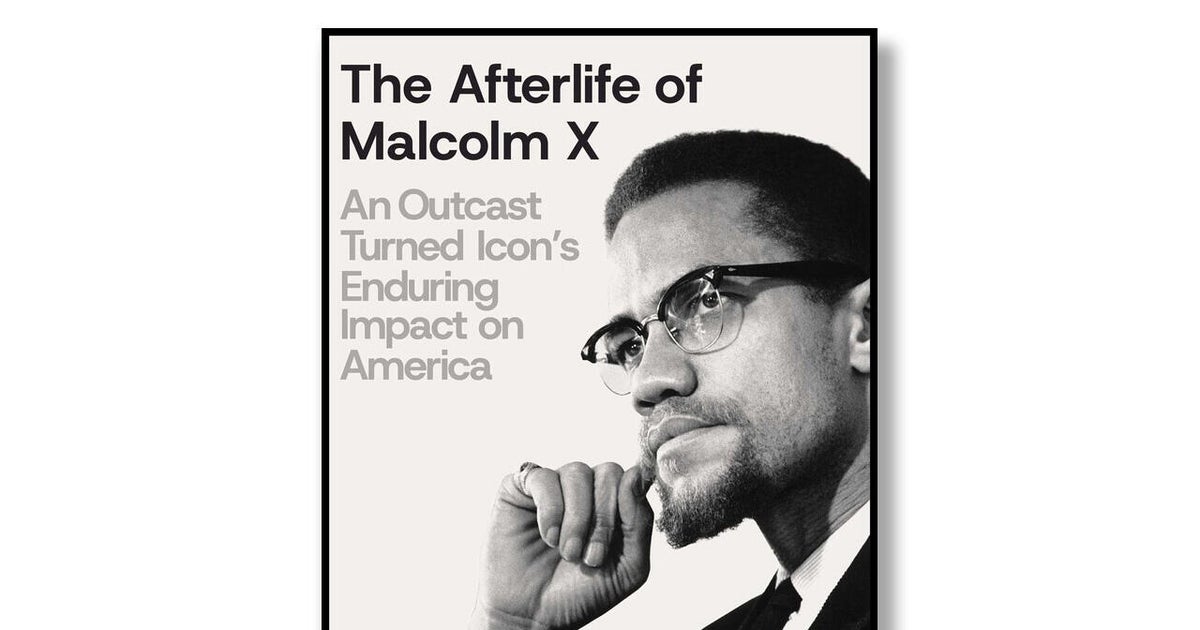India accused Pakistan of violating an hours-long ceasefire between the two nations after multiple explosions rang out in India-administered Kashmir late Saturday. The United States had led mediation efforts to end the most serious military confrontation between the nuclear-armed rivals in decades.
Indian Foreign Secretary Vikram Misri said late Saturday that "there had been repeated violations of the understanding arrived between the two countries" on ceasing fire and accused Pakistan of breaching the agreement.
"We call upon Pakistan to take appropriate steps to address these violations and deal with the situation with seriousness and responsibility," he said at a news conference in New Delhi. Misri said the Indian army was "retaliating" for what he called a "border intrusion."
Residents said the loud explosions in Srinagar and Jammu were followed by a blackout in the two cities.
Omar Abdullah, the region's top elected official, said in a post on social media: "What the hell just happened to the ceasefire? Explosions heard across Srinagar!!!" In another post, he said: "This is no ceasefire. The air defence units in the middle of Srinagar just opened up."
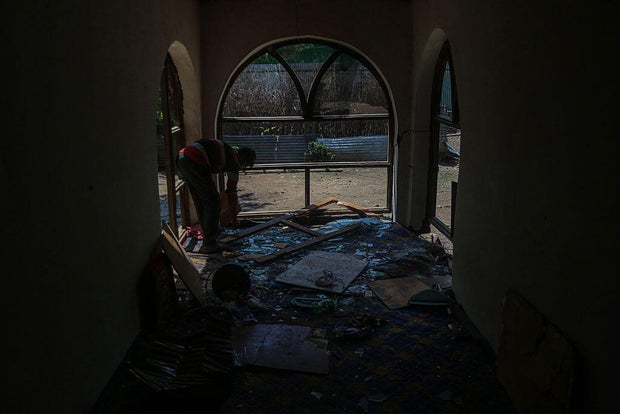 A Kashmiri villager inspects a damaged house after overnight shelling from Pakistan in Gingal village, Uri, about 100 kilometers from Srinagar, Jammu and Kashmir, on May 10, 2025.
Firdous Nazir/NurPhoto via Getty Images
A Kashmiri villager inspects a damaged house after overnight shelling from Pakistan in Gingal village, Uri, about 100 kilometers from Srinagar, Jammu and Kashmir, on May 10, 2025.
Firdous Nazir/NurPhoto via Getty Images
Cross-border shelling and gunfire were also reported from at least five places along the Line of Control, a de facto frontier that divides disputed Kashmir between two nuclear-armed nations.
There were no immediate reports of casualties.
First word of the truce came from U.S. President Trump, who announced that the two countries had reached a "full and immediate ceasefire," after talks mediated by the U.S., saying in a Truth Social post on Saturday morning that the deal came after a "long night of talks."
"Congratulations to both Countries on using Common Sense and Great Intelligence," Mr. Trump wrote. "Thank you for your attention to this matter!"
The ceasefire follows weeks of clashes that were triggered by a gun massacre on tourists last month that India blames Pakistan for. It was their most serious confrontation in decades and left dozens of civilians dead on both sides.
U.S. Secretary of State Marco Rubio said he and Vice President JD Vance engaged with senior Indian and Pakistani officials, including Prime Ministers Narendra Modi and Shehbaz Sharif, to discuss the ceasefire and to "start talks on a broad set of issues at a neutral site."
"We commend Prime Ministers Modi and Sharif on their wisdom, prudence, and statesmanship in choosing the path of peace," he said.
Pakistan's Foreign Minister Ishaq Dar announced the ceasefire on Geo News. He said Saudi Arabia and Turkey played an important role in facilitating the deal.
Indian Foreign Secretary Vikram Misri said in a quick press briefing on Saturday that the two sides agreed to "stop all firing and military action from land, air and sea" starting at 5 p.m. local time.
"Instructions have been given on both sides to give effect to this understanding," he said, adding that top military officials would speak again on May 12.
Pakistanis celebrate ceasefire after night of retaliatory strikesFollowing a tense night, many Pakistanis expressed relief and joy after the ceasefire agreement was announced late afternoon in Pakistan.
People who were awake through the night due to Indian airstrikes said they felt a sense of peace return after the ceasefire announcement.
"I thank the USA for their efforts to end the war," said Muhammad Rashid, a 55-year-old civil engineer in Islamabad. "India and Pakistan should be friends instead of hurting each other. Honestly, I was really worried about sending my kids to our village after last night's blasts. But now I'm tension-free."
Pakistan launched a retaliatory strike early this morning, destroying several Indian military installations, including a runway at a key airbase. The response, officials say, sent a strong message.
"I'm proud of the Pakistan Army," said retired military officer Wajahat Khan. "We waited patiently for four days and responded briefly but brilliantly today. Our response changed Modi's war-hungry mood. From now on, India will no longer take Pakistan lightly."
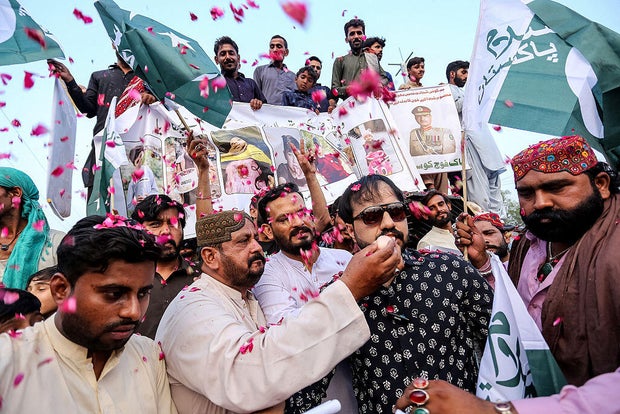 Pakistani people exchange sweets as they celebrate after the ceasefire between Pakistan and India, in Multan on May 10, 2025.
SHAHID SAEED MIRZA/AFP via Getty Images
Pakistani people exchange sweets as they celebrate after the ceasefire between Pakistan and India, in Multan on May 10, 2025.
SHAHID SAEED MIRZA/AFP via Getty Images
In Islamabad, Afghan refugees also welcomed the ceasefire. Husna Nabizada, who fled the Taliban and now lives in the city, said she was scared about where to go if the conflict escalated.
"We ran away from the Taliban and took shelter in Islamabad. When the fighting started here, I was very worried. Thanks to President Trump and the U.S. for helping make the ceasefire happen," said Shabnam Afghani, another Afghan refugee.
Local taxi driver Jalil Khan, 35, echoed the relief many felt.
"I'm very happy the war ended. War is not like a regular argument — it's scary," he said. "Pakistan's patient and smart military response pushed India back. I'm proud of our forces. They saved us from Modi's Hitler-style aggression."
Meanwhile, Pakistan's aviation authority has announced that all airports and flight routes will remain operational from tonight
Fighting escalated before ceasefire agreementThe ceasefire deal also came hours after India and Pakistan carried out strikes, using drones and missiles fired from fighter jets, in a significant escalation of the military conflict between the two nuclear neighbors. Both nations accused the other of firing first, claiming they had acted in retaliation. Their respective militaries did not specify whether fighter jets had crossed into the other's territory, but confirmed that aircraft were used in the overnight attacks.
Pakistan Army spokesman Lt. Gen. Ahmad Sharif said in televised remarks that Pakistan's air force assets were safe following the Indian strikes, adding that some of the Indian missiles also hit India's eastern Punjab province.
"This is a provocation of the highest order," Sharif said.
The Indian missiles targeted Nur Khan air base in the garrison city of Rawalpindi, Murid air base in Chakwal city and Rafiqui air base in the Jhang district of eastern Punjab province, according to the spokesman.
India said its armed forces carried out attacks on Pakistan's technical infrastructure, command and control centers, radar sites and weapon storage areas at Rafiqui, Murid, Chaklala, Rahim Yar Khan, Sukkur and Chunian, using "air-launched precision weapons from our fighter aircrafts."
India also claimed it targeted Pakistan's radar sites at Pasrur and Sialkot aviation base using precision munitions.
A heavy exchange of fire was heard along the Line of Control — the de facto border between the two countries in the mountainous Kashmir region — through Friday night, with loud explosions in major towns and cities near the border. India said some civilians were killed in the shelling by Pakistan, without giving specific casualty figures.
"Indian Armed Forces reiterate their commitment to non-escalation, provided it is reciprocated by the Pakistan Military," Wing Commander Vyomika Singh of the Indian Air Force said in a Saturday morning press briefing.
India also denied Pakistan's claims to have destroyed an Indian S-400 Air Defense System and Air Force Stations in Sirsa and Surat.
Tensions between the nuclear-armed rivals have soared since the attack at a popular tourist site in India-administered Kashmir left 26 civilians dead, mostly Hindu Indian tourists, on April 22. New Delhi has blamed Pakistan for backing the assault, an accusation Islamabad rejects.
The rivalry between India and Pakistan over the Himalayan region of Kashmir goes back decades. Both nations claim all of Kashmir as their own territory, but each controls only part of it. Another, northeastern portion of the region is administered by China, which has long been a point of friction between Delhi and Beijing.
More from CBS News


